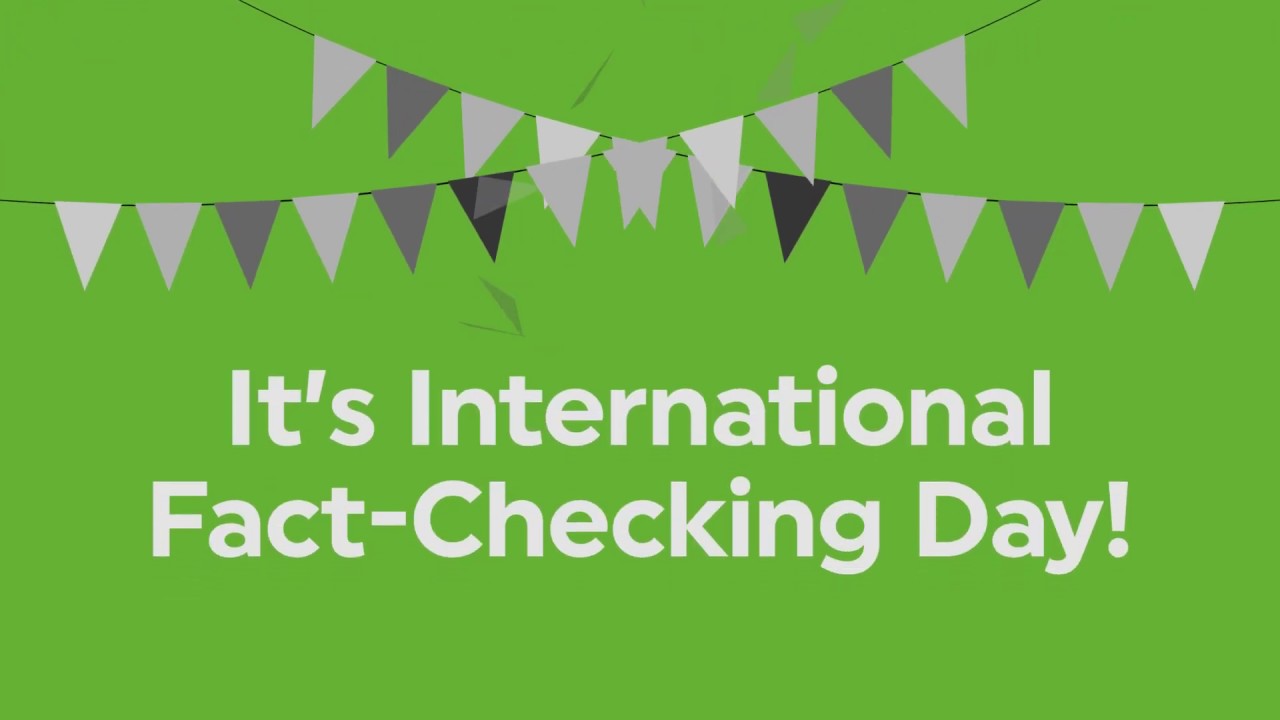The initiation came years ago by the International Fact-Checking Network (IFCN), and now the day serves as a reminder of the collective media responsibility to highlight truth in an era where misinformation spreads rapidly.
In a world overwhelmed by the high intensity of information flows, and many times with misinformation, fact-checkers play a crucial role in separating truth from lie. From debunking viral social media hoaxes to keeping public figures accountable, fact-checkers’ work strengthens democratic societies by ensuring that important decisions are based on facts, not fiction.

